It happened like this …
“Sister, where is the patient who wants to jump out of the window?!”
After the rush to the ward, I bent over and pressed my hands on my knees to regain my breath. An emergency is an emergency!
At first, I thought she did not hear me, so I repeated the question.
“Sister, where is the patient you called about? You said he was trying to jump out of the window.”
My eyes wandered over the tranquil ward full of sleeping, dozing and radio-listening patients. I scanned the bare windows. No one was to be seen anywhere near any window.
I straightened up after regaining some breath and looked at the broad back of the sister sitting at the desk. It looked like she was seriously concentrating and/or writing something, taking up all her attention.
Finally, she lifted her head and pointed her pen in the general direction of the windows without looking around.
“Over there!” she said and continued with what she was doing.
I turned 360 degrees around my own axis without getting any wiser.
"There is no one there, Sister”, I tried.
“He must have jumped then”, she decided, unperturbed.
“So, what do you want me to do now?” I thought I would ask, but instead, I said, “So, what are you doing now?”
“I am writing the incident report,” she said, continuing the entry in her book.
My head slowly nodded up and down as understanding dawned. My function was to supply the final information needed to complete the report. And there I was, under the illusion that the great doctor had been summoned to rescue yet another life …
I walked to the closest window and looked through the glass panel.
The psychiatric ward did not have standard bay windows, but solid glass panels for security, with a small flip-up window at the top for fresh air.
I looked at the flip-up window near the ceiling.
I thought with some comfort that there was no way anyone could get through that little slither.
The four-storey elevation provided a grand view over the dusty plains around the hospital. A dozen young blokes were playing soccer between the bushes. One sent the ball flying between the long stems of two sisal plants, and half the team jumped in the air with joy. A dog barked, rushed in, and tried to bite the leg of one of the jubilant boys. He received a rock in the ribs and backed off yelping. Beyond the soccer team and all the way to the skyline, the flats were cluttered with hundreds of clay and corrugated iron houses. People sat on stairs, looked through windows, wandered around, and talked in pairs or little groups. A donkey cart appeared from nowhere, loaded with firewood. A few lazy columns of smoke signalled the start-up of the first cooking fires for the afternoon.
I pushed my cheek against the window to try and see the ground immediately next to the outside wall of the hospital. Perhaps I could spot his body on the ground next to the building, I thought. But nothing could be seen.
Just as I turned around to walk away, I spotted a dark line against the white paint of the outside wall. Again, I pushed my cheek against the glass, trying to look along the outside of the wall.
And there he was!
A young man in his twenties was standing on a narrow ledge below and to the side of the window. His body leaned against the wall to prevent him from falling to his death.
In Mum and Dad’s hospital at Saulspoort in the Pilanesberg Mountains, Dad was the superintendent and managed the male wards, obstetrics, tuberculosis, post-mortems, and outpatients. Mum managed the women’s and children’s wards and helped with outpatients. Of course, Mum also tried to keep us five boys on the straight and narrow.
However, things changed when the hospital became the point of referral for psychiatric patients in a large area.
Dad told the story of the police bringing in a patient late on a Saturday afternoon, locked in the back of the van. The police warned Dad that the guy was violent, but Dad was confident. That is the correct mix for many great stories, but not for Dad.
So, Dad walked around the van and spoke to the guy gently, looking at him through the bars, trying to calm him down. Dad explained how he would help him, make him better, look after him, and then he could go back home again. Finally, Dad was happy and instructed the police to open the van and let the patient out. The man, who had not spoken a word at any stage, slowly climbed out of the truck. He then bent over to tie his shoelace. Dad moved closer to reassure. The man slowly rose up, looked Dad in the eye and planted an almighty knock-out blow in the centre of Dad’s chin. He sent Dad flying backwards through the air, landing in the middle of his prize rose garden. Dad said he has no recollection of how the rest of the day turned out.
Mum’s take on the story was that Dad’s approach was wrong. “One should be gentle and firm and wary, all at the same time,” she said.
So, Dad built Mum a beautiful 250-bed psychiatric hospital, about 500 metres from the main hospital. The best you could get at the time! He clad the outside of the walls with the most beautiful volcanic rock he and the working men could find, harvested with the Hanomag truck from the mountains at the back of the volcano.
And Mum was in glory land!
Dad ensured that Mum had several strong male nurses around her at all times while she was working, but there was no need. Mum was the best! As she said: “gentle and firm and wary, all at the same time!”.
And Mum’s psychiatric unit became the jewel in the crown.
As always, the good times unravel at the end. However, goodness keeps lingering in the soul. This is called grace. And perhaps this is, after all, why we pursue goodness in the first place.
The psychiatric hospital was closed down under a new regime. Mum was instructed to discharge all patients to the care of the Sangomas.
A year later, half of them were dead.
Mum could not stop crying.
Standing on a chair, I pulled myself up by the window frame and came to stand on the windowsill. I then pulled up further and poked my head through the slither of the flip-up window. I looked around as far as I could turn my head. The man was still standing on the ledge. He heard the noise and saw my head poking through the window. His eyes turned white in his head, and he edged away along the ledge.
The ledge was about a metre below the bottom of the window.
That could be a problem. But I am about the same size as the man and could be even half an inch taller! That could work in my favour, I encouraged myself.
“Sir”, I said to the man. “Don’t worry, just keep standing with your back against the wall. I will come back and help you out”. The man did not say a word. He just kept staring at the foot of the building.
“Sister, can you draw up a syringe of Valium and a syringe of Largactil, please?” I asked when I landed back on the floor. The sister stopped writing and obliged.
I waited at the window.
The football game was still going, but the players had now grown to at least three dozen. The game was quite chaotic, with body tackles, fighting, dogs barking, and two balls going, all in the same game.
The sister tapped me on the shoulder and handed me the two syringes. “What are you going to do with them?” she asked and pointed at the syringes—one filled with an antipsychotic and the other with a sedative—as I shoved them into my back pocket.
“I’m not too sure yet, but they might come in handy,” I assured her confidently. Well, I must admit, my brand of confidence was half faked, and I suspect it was not nearly the same quality as my dad’s. Just be “gentle and firm and wary, all at the same time”, Mum’s voice sounded in my head.
To my relief, the sister turned around without further question or comment, sat down, and continued writing her report.
I think the logic in my head went something like this: “If he can do it, I can do it. Our shapes are similar! Although I don’t really know what I can do to help, I’m sure it will become clearer when I am with him out on the ledge”.
I know I initially said that stupidity and bravery are twin brothers, and you can’t reliably distinguish between them. Not I in any way. Well, looking back with you now, it sounds to me like a very lame excuse. But we will come back to this point later.
So, this is how it went …
I pulled myself up from the windowsill and wedged sideways under the flip-up window. Holding my breath and wriggling sideways, I managed to slip through the opening. On the outside, I lowered my body from the frame and hoped my feet would reach the ledge.
They did not. With my arms outstretched and my feet dangling six inches above the ledge, I realised this was a dodgy, one-way route. I dangled a few minutes longer and then let go, keeping my body straight and bracing against the wall. It worked.
After gaining balance on the four-inch-wide ledge, I leaned against the wall and looked at my companion. He, in turn, looked over his shoulder at me in dismay; the white in his eyes shone even whiter than before.
Then, the screaming reached us on the ledge. The football game broke up, and all the players came running and screaming with excitement towards the hospital to look at the spectacle unfolding on the ledge outside the fourth floor. Then the rest of the crowds followed from the villages on the plains around, shouting as they ran to spread the news. Even the donkey cart reappeared from nowhere, racing towards the event.
“Don’t worry, Sir”, I said in my dad’s voice and edged a foot closer. “I’m going to help you, make you better, look after you and then you can go back home again”.
I don’t think he will try and throw a punch at me, while sharing this ledge of ours, I encouraged myself.
But the man took cold comfort. For every inch I moved closer, he moved one inch away.
I slipped my right hand around to my back pocket to confirm the content survived the climb and jump.
“Sir, I have some medication in my pocket to calm and relax you. Then you won’t have to be scared anymore!” I said and inched closer. The man again moved the same distance away from my approach.
Then, the thought struck me. Suppose my patient agreed and offered his bum to me for an injection on the ledge and then fell asleep. How would I hold his floppy body and mine on this narrow ledge? Perhaps I could offer small increments and titrate the dosage to maintain just enough muscle tone and awareness for him to maintain his balance, I thought. But injections in the muscle takes a while to work and then might have an unexpected accumulative effect …
My thoughts were cut short by the turmoil below.
The crowd was now several hundred strong and kept growing by the minute. Shouts of excitement came from all directions, with fingers pointing, arms swinging, and dogs barking.
And then the staff appeared. Looking confused at the gathering crowd, they tried to figure out what all the excitement was about. Suddenly, they realised that the missing doctor on call for the Emergency Department had mysteriously appeared on the ledge high above. They looked around for answers, looked at me again, and then formed a scrum in serious discussion.
More and more staff poured out of the doors to add to the crowds.
“Sir, think about your family. If you jump and die, you will never see them again. I will stay with you up here and help you until we can resolve the issue.”
I moved an inch closer, but the man moved no further away. Instead, he slightly leaned over and balanced on his toes. His eyes fixed on the crowds below.
Suddenly, his arm moved forward. The crowd thought he was jumping. Those at the front rushed backwards, crushing against those pushing forward from the back, causing panic, shouting, fighting and even more chaos.
Sipho, one of the male nurses, appeared with two mattresses. He positioned them some distance away from the wall. The crowd, now nearly a thousand strong, pushed closer again.
I kept talking to calm the man down and promised not to come any closer, but just stay with him on the ledge until help arrived. But the man did not seem to take anything I said on board any longer. He swayed forward and backward for a little while.
And then he jumped.
The crowd stormed backwards again, with those at the front running down those at the back and climbing over them, all falling into a big heap. The staff ran back to the safety of the entrance.
Only one kept standing: Sipho.
As the man jumped, Sipho measured the arch and pushed the mattresses where he thought the man would land. And then he ran for safety.
He was spot-on!
The man landed on the mattresses and survived due to Sipho’s cleverness and bravery.
After much deliberation, recall and demonstrations with arms and legs swirling in all directions, the crowds slowly returned home to their cooking fires, looking over their shoulders at the doctor on the ledge.
The great Emergency Doctor on call was cut to actual size: a tiny speck against the large frame of the hospital, incapable of even saving himself. And then he disappeared from sight as the sun went down.
After several hours, the Fire Brigade arrived with a ladder long enough to rescue the doctor from the ledge.
Epilogue:
What was the right thing to be done?
What would have happened if the patient would have agreed to an injection?
What would have happened if my foot slipped when jumping onto the ledge?
What would have happened if I left the man alone on the ledge and ordered a Fire Brigade ladder?
What would you have done?
This is not a unique scenario. In fact, you may have experienced at least one similar situation before. The pressure was on to decide quickly on a plan of action for which the outcome was unknown. The aftermath would judge the appropriateness of your decision.
The essence of the issue is that retrospective views enabled by outcome information will allow us to judge. However, we could never know for sure what alternative outcomes would have been had we pursued a different approach. Therefore, the judge is always limited by speculation when retrospectively postulating ideal conduct.
Interestingly enough, the principles behind the scenario at the personal level are the same as those applied on a grand scale.
In his epic work War and Peace, Leo Tolstoy criticises historians’ analyses of the Napoleonic Wars, especially the 1812 invasion of Russia. He tears down the hail by the judges of genius decisions by Napoleon vs. Alexander and the generals and field marshals involved. Tolstoy ascribes the outcome to a multitude of contributing factors. In his final analysis, he called “chance” the main determining factor of the war’s outcome.
I think maximum prior information and optimal strategy limit the influence of “chance” or “fate” on the outcome. So, without trying to excuse myself, I think we need more humility in our holier-than-thou attitudes of judging people’s actions and history at both personal and global scales.
After all, a decision made in the blink of an eye might save a life or cost a life. Let not the fear of outcome or being judged in retrospect deter us from a passionate pursuit of helping others. When the bell strikes, may you be granted the wisdom to make the right decision and the courage to see it through—even if that means doing nothing!
Your views (as always) are welcome.
NEXT TIME:
The Mother (part one)
There is something prehistoric in the relationship between a mother and her girl-child …

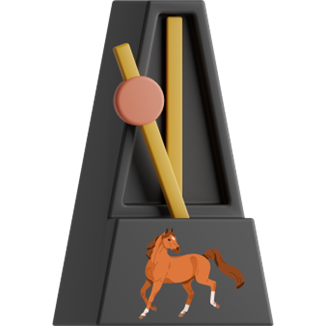
The Song of Tap
an ode to the senses
Not a subscriber yet?
Click here to subscribe - it's free


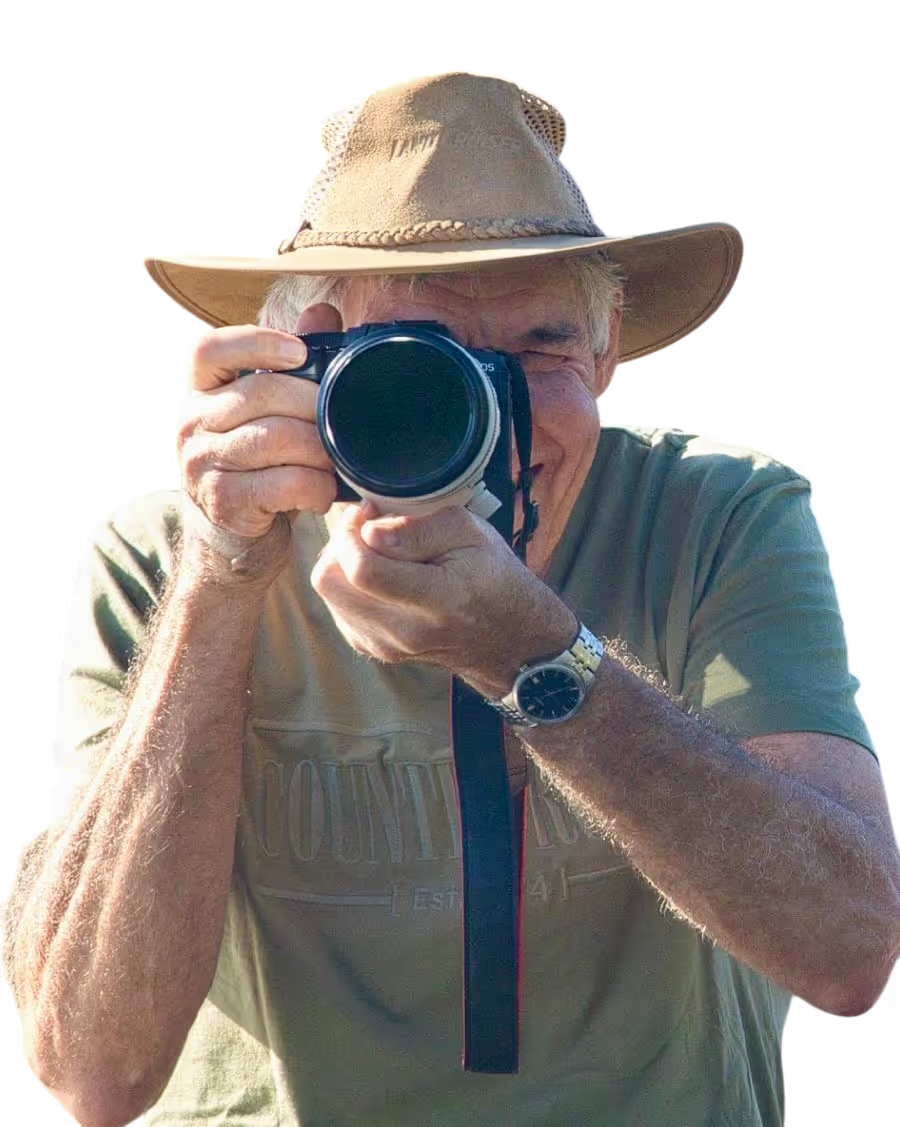
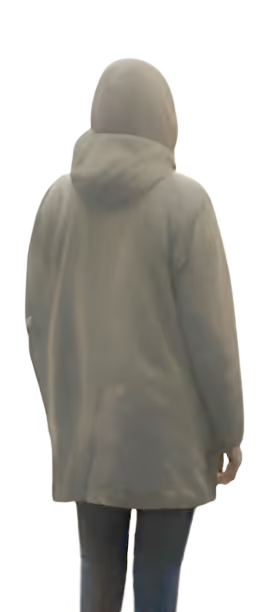
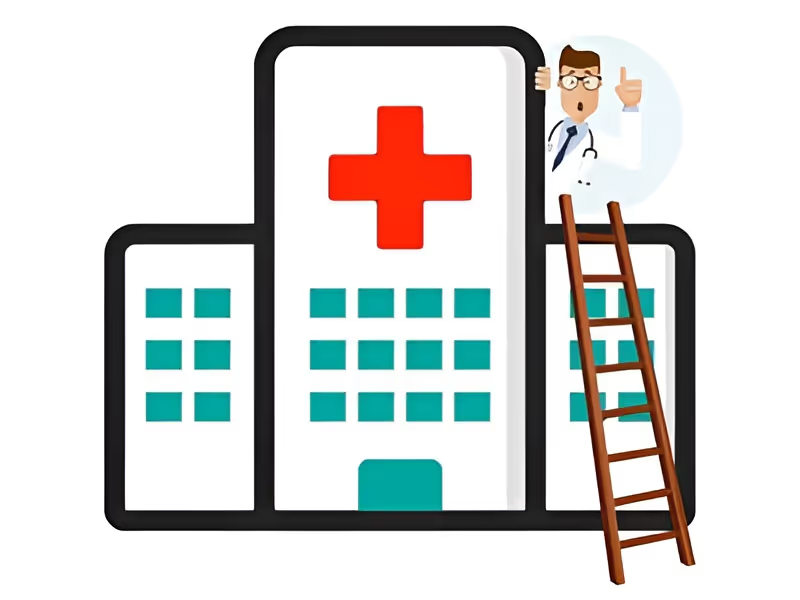

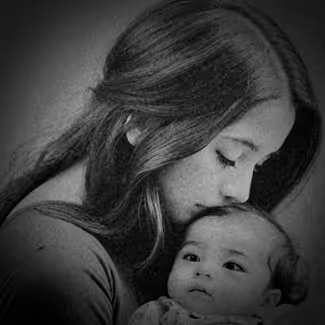



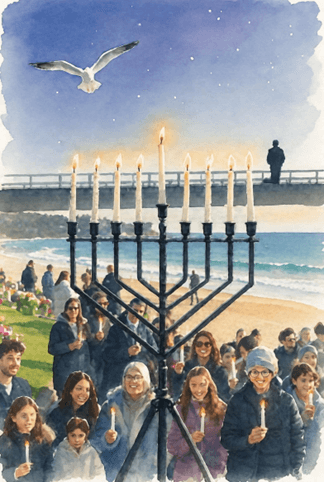




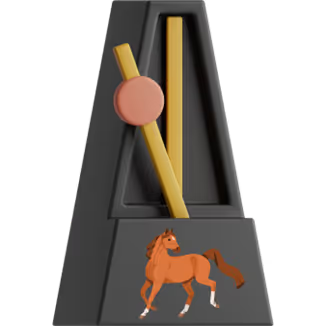
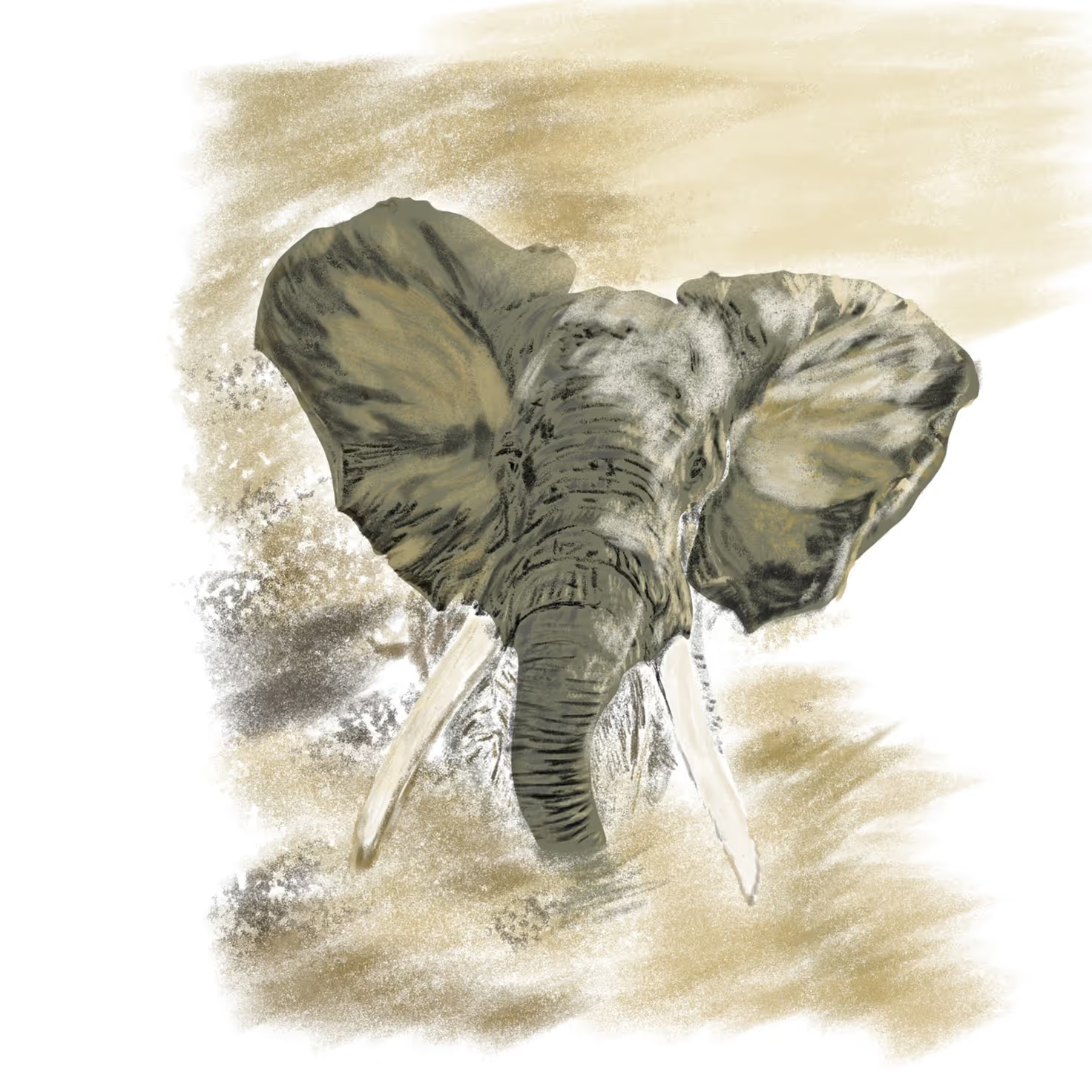
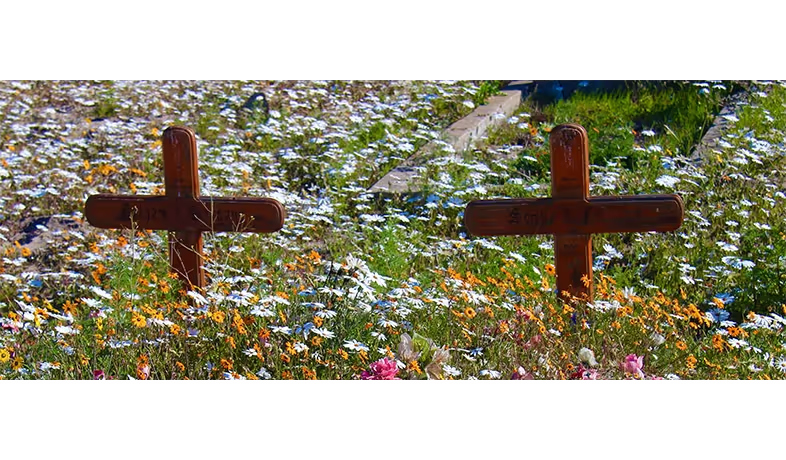
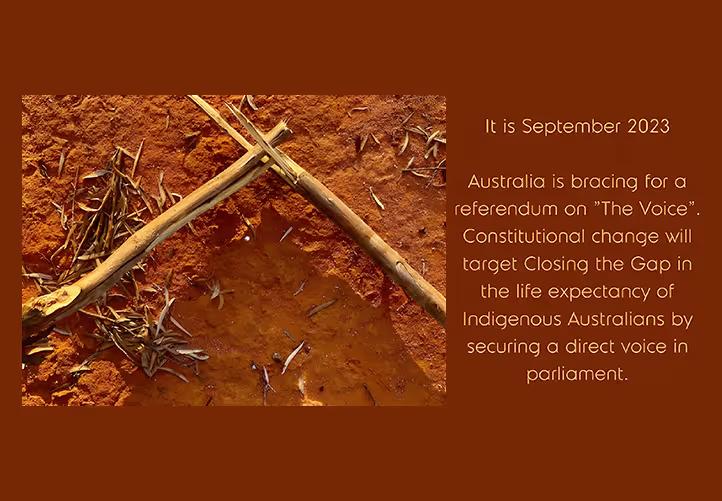
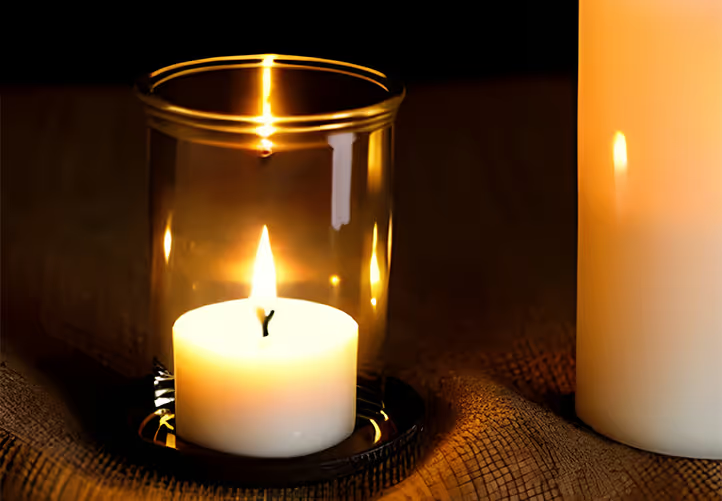

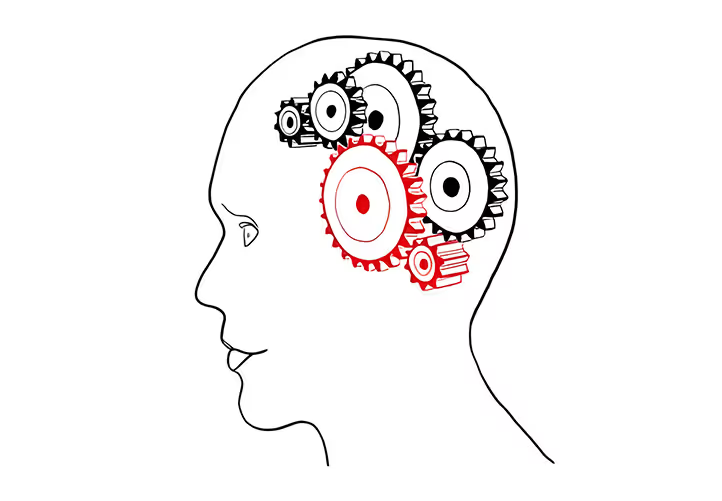
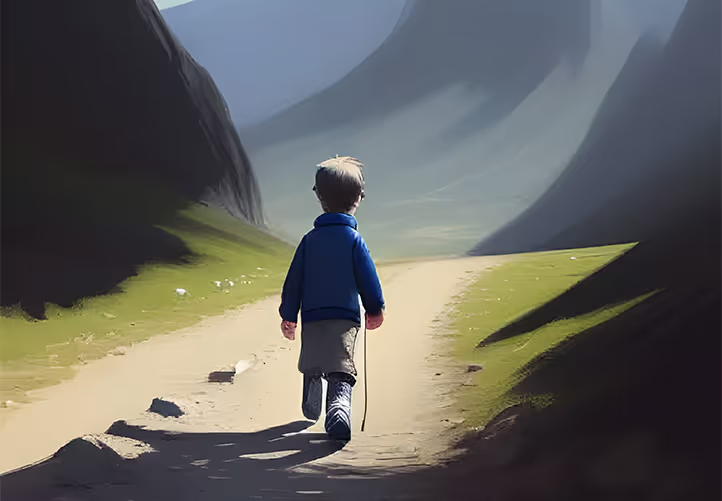

.svg)
.svg)